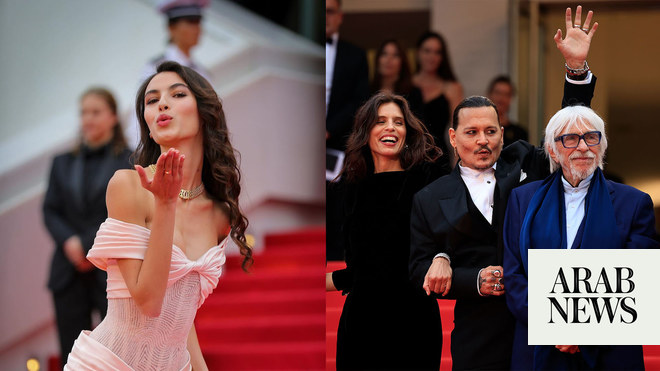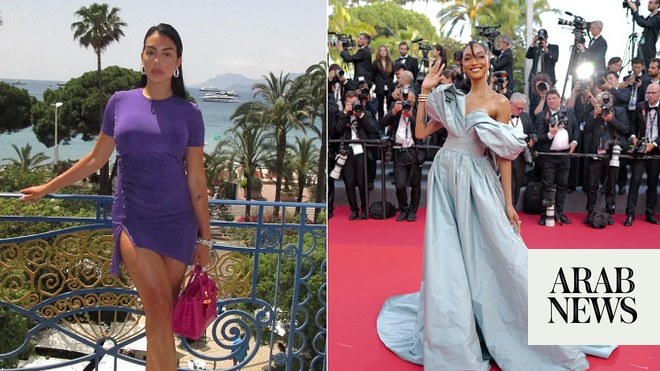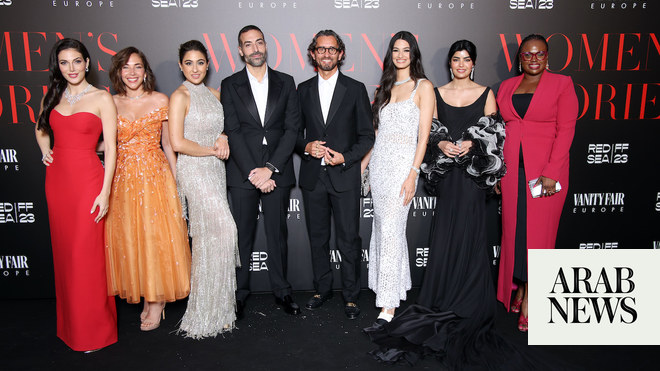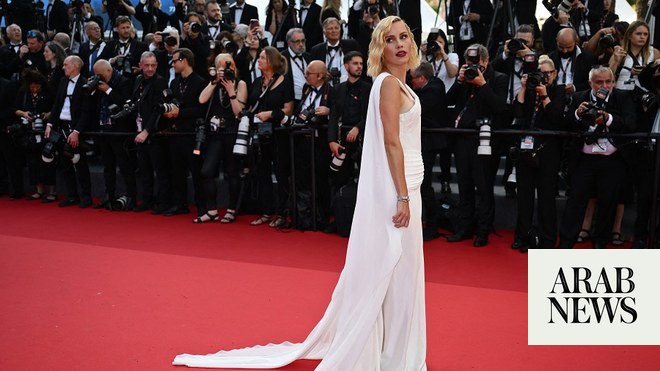
The red carpet at Cannes film festival has long featured A-list stars in glamorous gowns and with perfect hair. This year, that hair might be grey.
For the premiere of Annette on Tuesday, Andie MacDowell appeared on the red carpet with a mane of greying curls. Helen Mirren also attended, wearing her grey hair up in a chignon, and Jodie Foster, who received an honorary Palme d’Or at the festival, had her hair in a shoulder-length bob with grey streaks visible around her hairline.
Grey hair has become fashionable for younger people, who sometimes dye their hair to achieve the look of women like Sarah Harris, the deputy editor of British Vogue, who has long grey hair and found her first strand of grey at 16.
But while this is a trend for millennials and Gen Z, naturally grey hair on women over a certain age is different. Though men who go grey are seen as distinguished, grey hair on older women has been seen as unattractive, ageing and even a disadvantage in the job market.
It’s certainly not found on the red carpet, where a youthful look is idolised. But MacDowell, Mirren and Foster – 63, 75 and 58 respectively – are challenging that, along with stars including Kelis, Diane Keaton and Glenn Close. Whoopi Goldberg and Sarah Jessica Parker are revealing their grey roots too.
Lockdown has had a part to play here. MacDowell told The Drew Barrymore Show in February that she had to let her roots grow out last year because she couldn’t go to the hairdresser. She is now a fan of her “silver fox” look. Guardian columnist Sali Hughes also went grey over lockdown, and wrote for Vogue that she had “no regrets”.
A hashtag on Instagram, #greyhairdontcare, has been used nearly 430,000 times, and there are now natural grey hair influencers including Jin Cruce and her account @agingwith_style_and_grays, and Sandrine P, who runs @grey_so_what. Speaking to The Cut earlier this year, Cruce said she started letting her grey come through with the arrival of her first grandchild. She started her account “to inspire and support women on their gray-hair journey and to inspire women to embrace aging”.
Fleur Brady cofounded the Mrs Robinson modelling agency, dedicated to models beyond the usual teen and twentysomething age bracket, in 2013 “when the demand for grey hair models had already been bubbling for a good decade but had not peaked”. She says: “year on year, the demand has grown for grey-haired models and it is no longer unusual for mainstream brands to request models over 50 with grey hair”.
Colourist Josh Wood says, post-lockdown, clients going for a naturally grey look split into two camps: “Some people want a completely different self-image and others want less maintenance. I think [for] the group that want less maintenance it’s not about going completely grey, it’s about blending in the grey or using grey as a focus or an accent.”
Wood says it’s rare for anyone to grow out their hair to “have a beautiful grey natural colour, it generally takes a bit of tweaking”. He does this by colouring clients’ hair to enhance their natural grey. Whatever its texture, he says without the pigment, grey hair can be frizzier and look less polished. He says the key is looking after it – with a hair mask once a week, for example.
Both are positive that the perception of women with naturally grey hair is changing. “Women over a certain age are no longer ‘invisible’,” says Brady.
Wood adds: “I think there’s a cultural change In the UK, it was less about the colour of the woman’s hair, it was more ‘she’s let herself go,’ [but] I think you can be very glamorous and kind of high-maintenance looking [with grey hair]. That acceptance is a new thing.”












